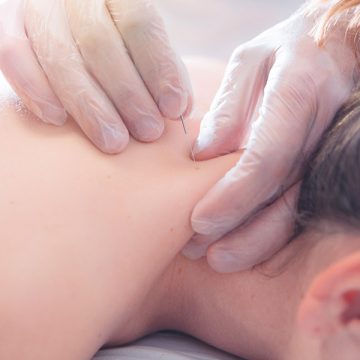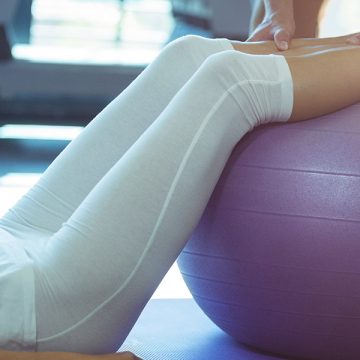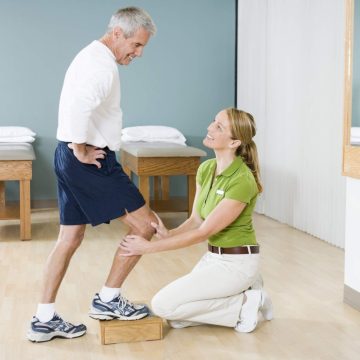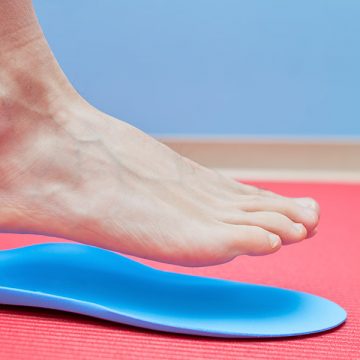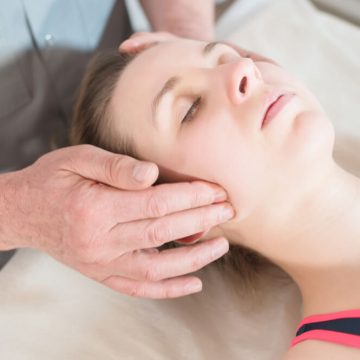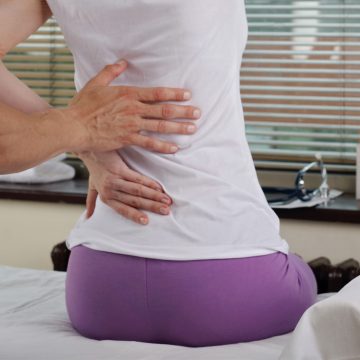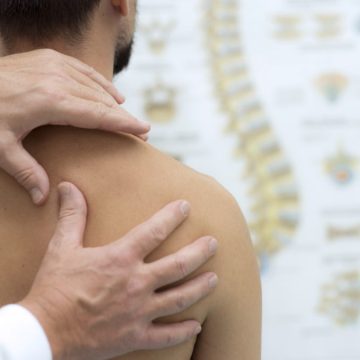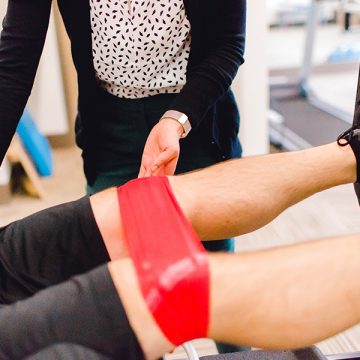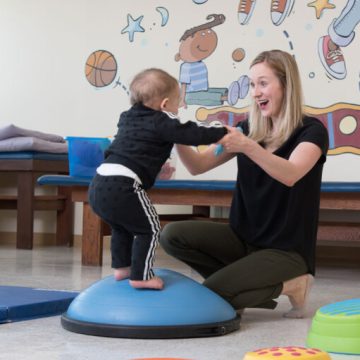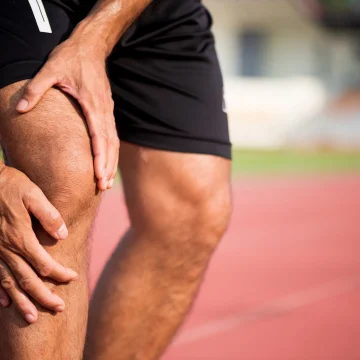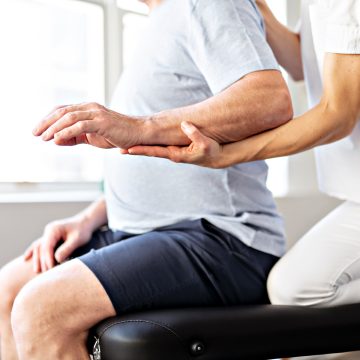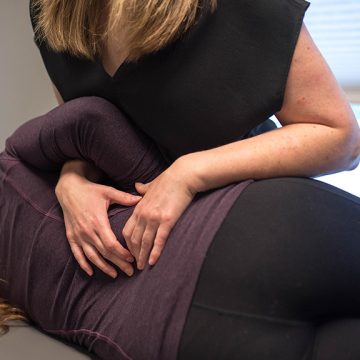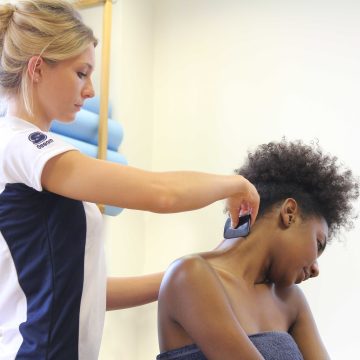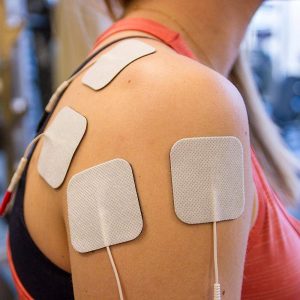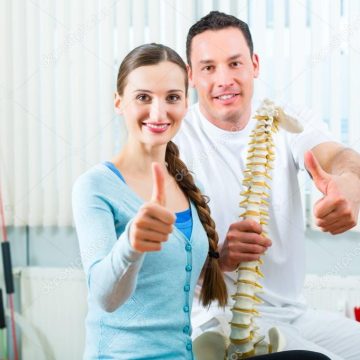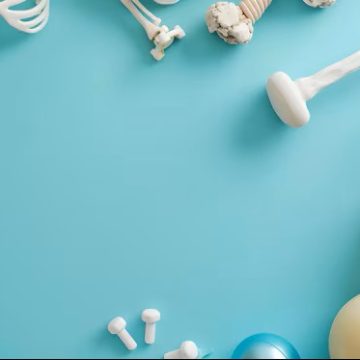How to Prevent Gardening Injuries
When gardening season finally arrives after a long Manitoba winter, it’s all too easy to overdo it with work yard work in the spring. While gardening can be an enjoyable way of getting outside, being active and reducing stress, long periods of planting can take a toll on your back or make your existing back pain worse. The following strategies can minimize back pain from gardening and help you enjoy the season to it’s fullest!
1. Warm-up before you start
Gardening can be a real workout, so warming up your muscles first is a good idea. Try a brisk five-minute walk and some stretching exercises such as 5 Simple Stretches for Gardeners – Garden Therapy.
If you have back pain, then work with your Physiotherapist to find the right stretches for you.
2. Lift with support
Lifting heavy pots, bushes, and full watering cans repeatedly without proper back support can injure the discs, muscles, and/or ligaments in your back.
To keep you back supported, begin by squatting, rather than bending at your waist. Use both hands to hold the object, keeping it close to your body, and slowly straighten your legs as you stand.
To minimize lifting, use a wagon, dolly, or other lifting aids to carry heavy items from place to place. Fill large watering cans just halfway, and consider alternative watering options, such as soaker hoses or automated irrigation systems.
If your back is already and issue, consider asking for help with jobs that involve heavy lifting and twisting, or at the very least break tasks up into smaller chunks, allowing your body to rest and recovery before going back for more.
3. Take frequent breaks
It’s easy to lose track of time when you love being out in the yard. If you’ve been bending over for a while, try standing up straight and taking a short break. This standing back extension can be a great reset after bending and lifting.
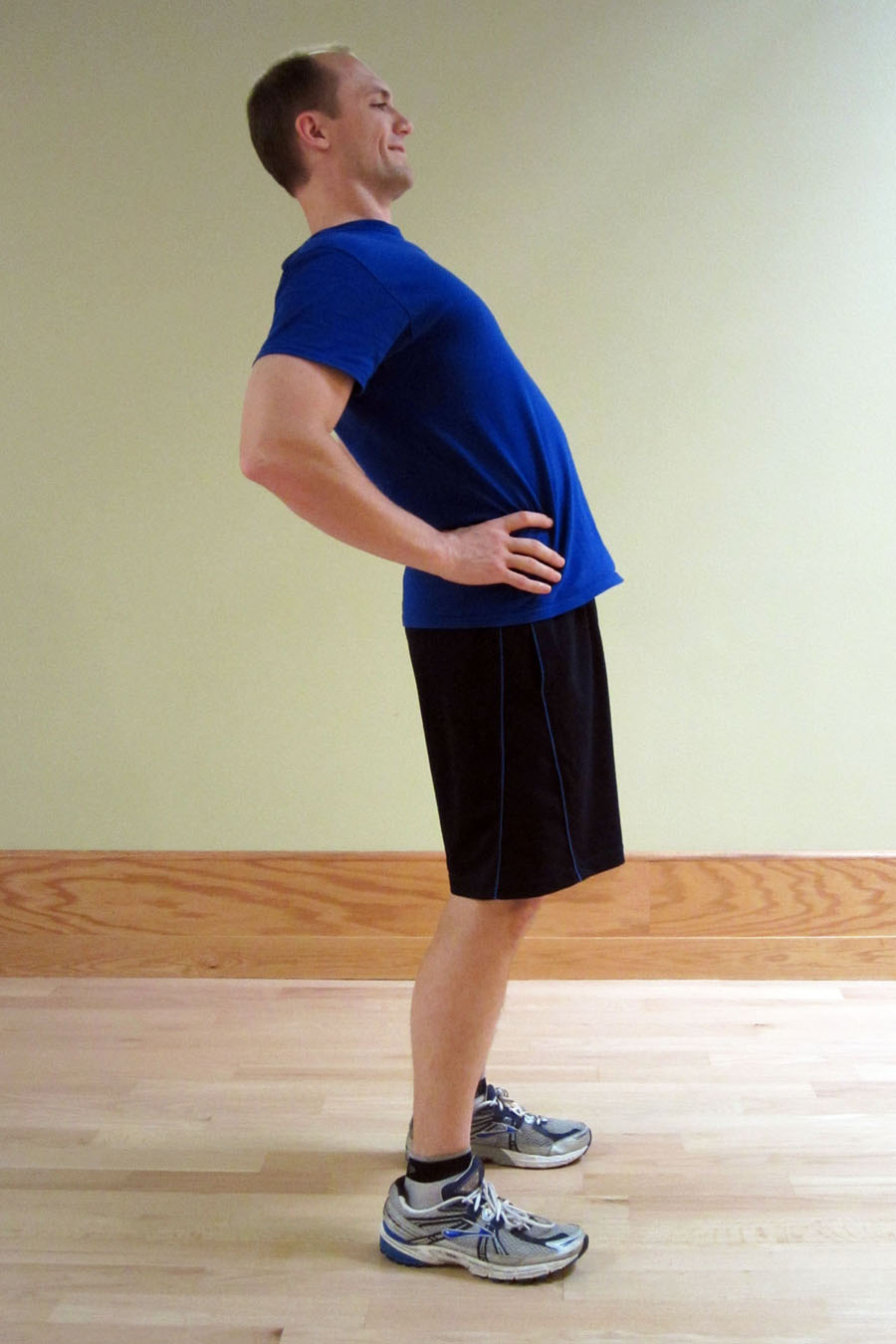
Also, avoid doing the same kind of task, such as pruning, for a long period. Switch to another activity and rotate these tasks periodically.
4. Add cushioning with knee pads
Minimizing bending by kneeling instead can be a great strategy to reduce the stress on your back, but proper cushioning for your knees is important. Wearable knee pads and memory foam gardening pads are both good options.
5. Try out specialized tools
Long-handled tools can eliminate much of the bending required by planting and weeding. For example, long-handled trowels and cultivators can be helpful if bending forward causes or worsens your back pain.
6. Bring the plants to you
Raised-bed gardening using beds 2 to 3 feet tall offers plenty of planting options. Some of the sturdier raised beds include an edge where the gardener can sit while planting or harvesting vegetables, fruits, or herbs. Raised beds are often wheelchair accessible as well. Some raised beds are combined with a trellis ideal for climbing vegetables, such as peas.
Planters designed to attach to a balcony can also be a good option for flowers or a small herb garden.
7. Keep plants contained
Concentrating on growing plants in containers can make gardening much easier. In addition to flowers, larger containers can be well-suited to growing lettuce and other vegetables. Wheeled plant caddies under heavier pots can be used to avoid lifting.
8. Pacing and planning
You may discover that you need to scale back your garden. Think about what’s most important and what you can let go—or assign to others. For example, if you can’t get by without your favorite colorful annuals, use them for a pop of color in a small area, and emphasize low-maintenance plants, including ground covers, elsewhere.
Consider having someone else handle the weeding. It’s a repetitive motion that causes more stress on your back than you might expect. If you can’t avoid weeding completely, mulch generously to discourage weeds. The mulch will also keep in moisture, so you won’t need to spend as much time watering.
If you’re experiencing back pain or have questions about injury prevention, treatment, or which exercises are best for your body, ask your team at St. Vital Physiotherapy! We’ve been serving the communities of St. Vital, Royalwood, Riverpark South, Southdale and Island Lakes and beyond since 1986. Call us at 204-255-0597, or book online!



